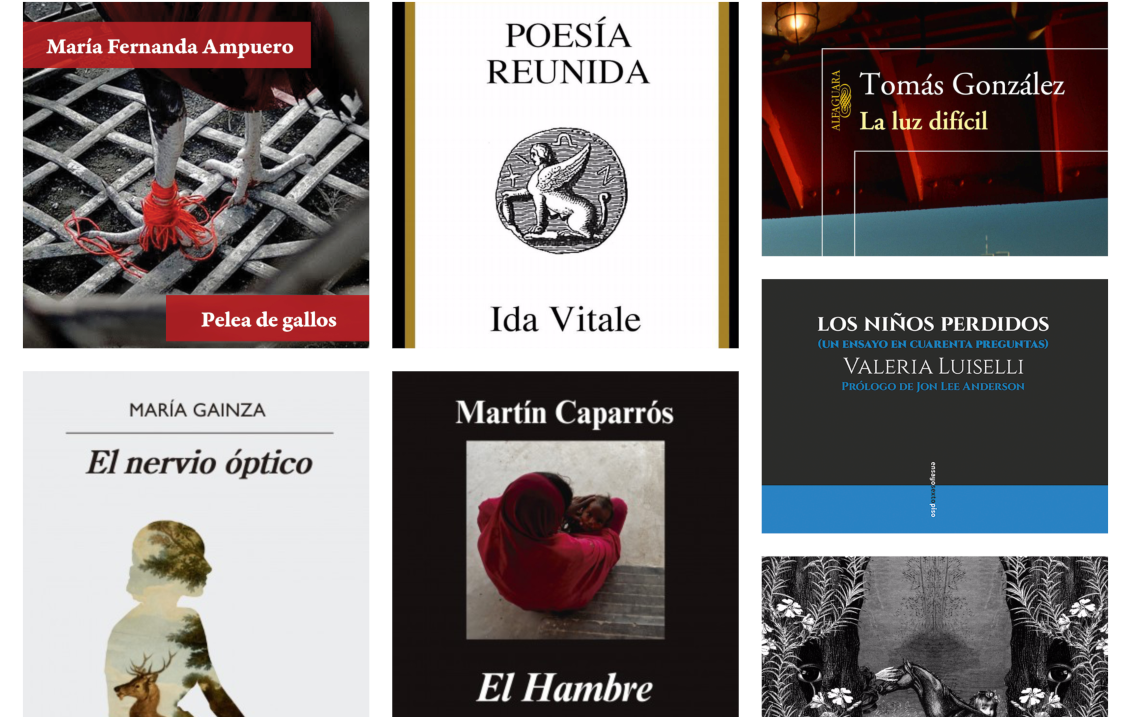
10 books, a decade to read
In the last hours of the second decade of the 21st century, we present this list of ten books in Spanish, published between 2010 and 2019, outstanding for…
Making a list of the ten best books in Spanish in the last decade is a titanic, superb and impossible task. Unless you manage to put together a team dedicated exclusively to reading and building the list as the books come out, there's no way. And even so, how do you decide which ones are the best? better according to what? for which reader?
Choosing the ten best books in Spanish, at any given time, is a task that is doomed to failure; but that doesn't stop it from being exciting to ask the question. This list, as a friend told me, can actually do two things: broaden the horizons of those who want to read more and irritate scholars. If these two things happen, the task will have been accomplished.
This list is not a ranking, it is ten great books ordered by year of publication. The list is the product of personal readings, the comparison of various lists published over these ten years and tormenting booksellers with the question of which titles should be on it. Whoever has read everything should cast the first stone.
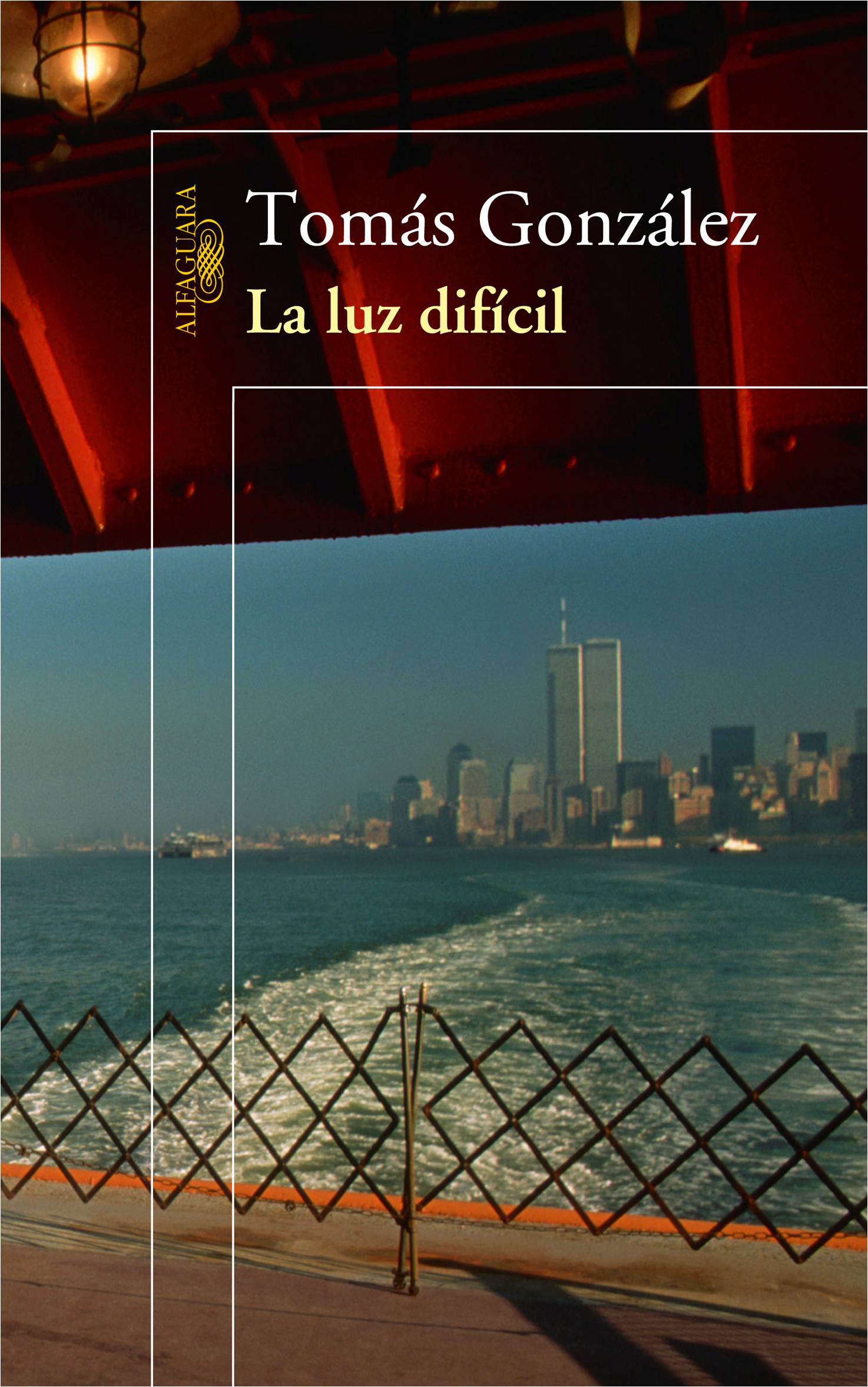
Tomás González is one of the best living writers in Colombia. He writes with a firm and sweet pulse to the ear that forces you to keep reading, he portrays without fear and with great respect the contradictions that appear in all circumstances and has the rare ability to teach us to find beauty in human fragility. "The Difficult Light" is a story about the tearing apart of waiting: David, an old painter, almost blind, remembers the torment of the hours of waiting during the journey made by two of his sons to euthanize Jacob, the older of the two.
Interspersed with the agony of waiting, David remembers the works he did, the sweetness of family and friends, while in the present the light is extinguished and he assumes the life of a painter who now only enjoys the light in his memory. Here you find a fragment of the book.
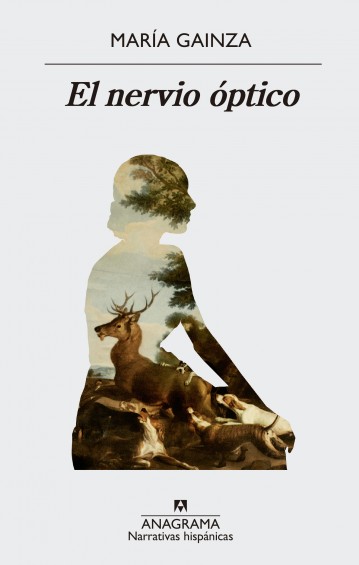
"The Optic Nerve" is a book with an unusual style that makes no distinction between the life of the characters and the history of art. María Gainza is a cultural journalist, specialized in painting, and in this hybrid between novel, essay and story collection the reader walks with absolute naturalness through art galleries, vineyards, torrential downpours, dead friends, dozens of paintings and the lives of their authors. "The Optic Nerve" is an invitation to understand life and to know how to survive it thanks to art. It is not a book for specialists, nor does it demand to be a connoisseur of its history, but those who want to can take it as an opportunity to enter that world by the hand of someone willing to narrate in how many ways to contemplate is to love. Here is an excerpt from the book.
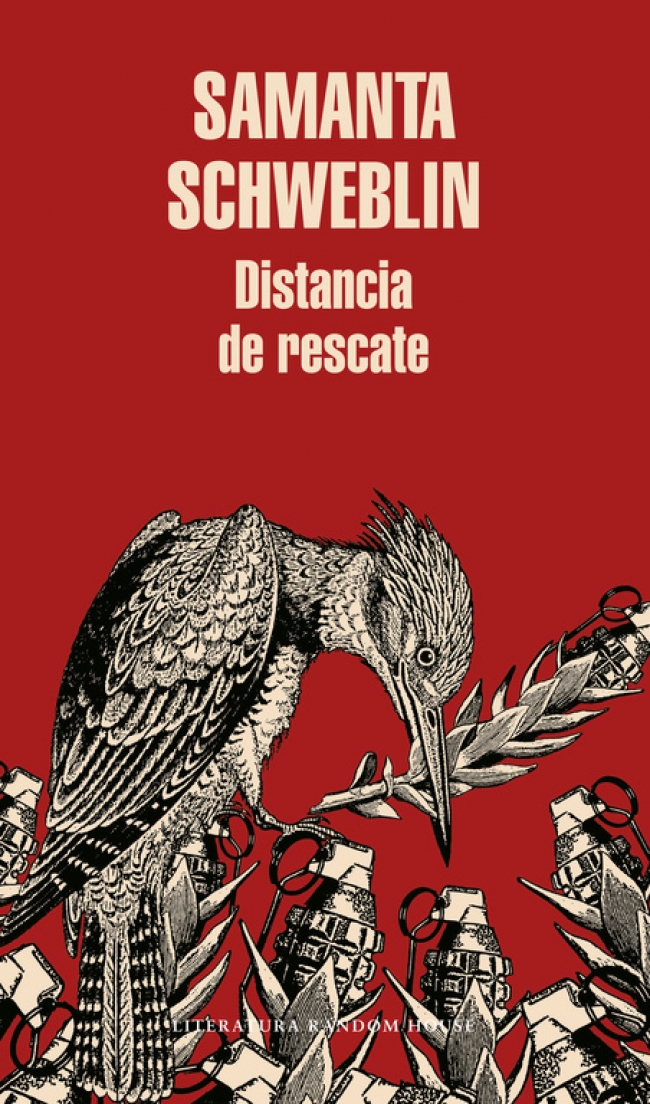
"Rescue Distance" is a terrifying and impossible novel to let go of. Like a dog whose jaws are locked when it bites, the reader is left hanging on until the end, still suffering. The rescue distance is the distance that separates Amanda from her daughter, Nina, in any circumstance where help may be needed. It is a variable distance, depending on where they are, what each one is doing, who is with them, etc., and the novel is the dialogue between Amanda and her fear. Here is an excerpt from the book.
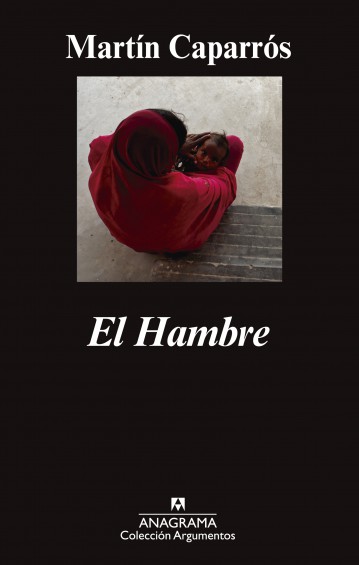
"Hunger" is a project that calls for failure (says the author in the introduction of the book) about the greatest failure of humanity today: that on a planet that each year produces twice the food we need, there are 800 million people who go hungry every day, the most painful kind of hunger: the one that cuts off dreams. This book by Caparros is an investigation to understand the structural causes that make this happen, but also a painful effort to give a face and a name to hunger, so that it does not remain just a figure and we continue to pretend that it has got no thing to do with us. Here is an excerpt from the book.
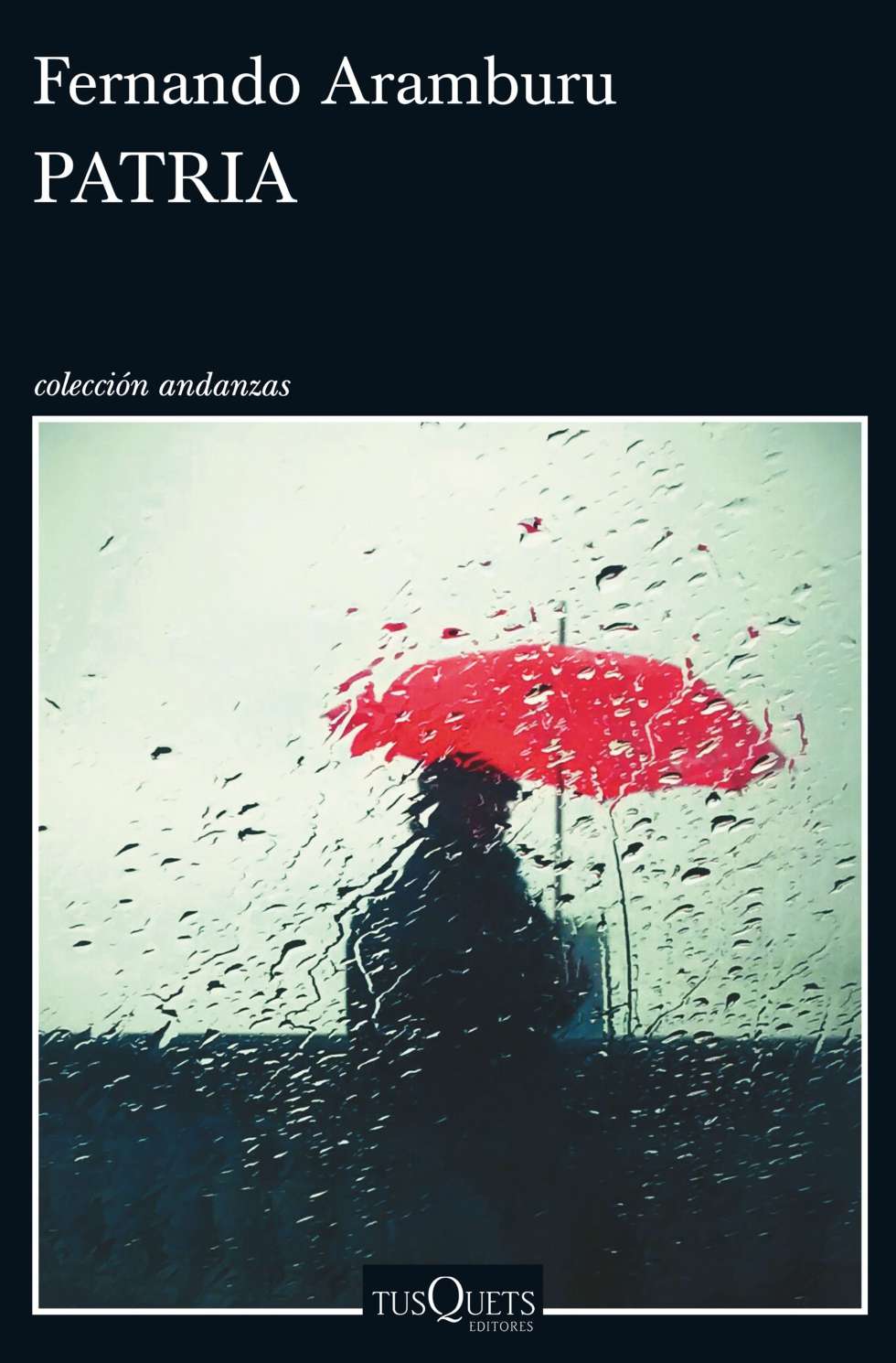
This novel tells the story of two Basque families who live the existence of the separatist guerrilla ETA from two different places, but who intertwine all the time. In the thirty years that this book covers, Aramburu narrates the changes in Basque and Spanish society both on the side of the victims and the perpetrators and in the nuances of multiple secondary actors who are not on one side or the other, but who live it all. Here is a fragment of the book.
RELATED CONTENT
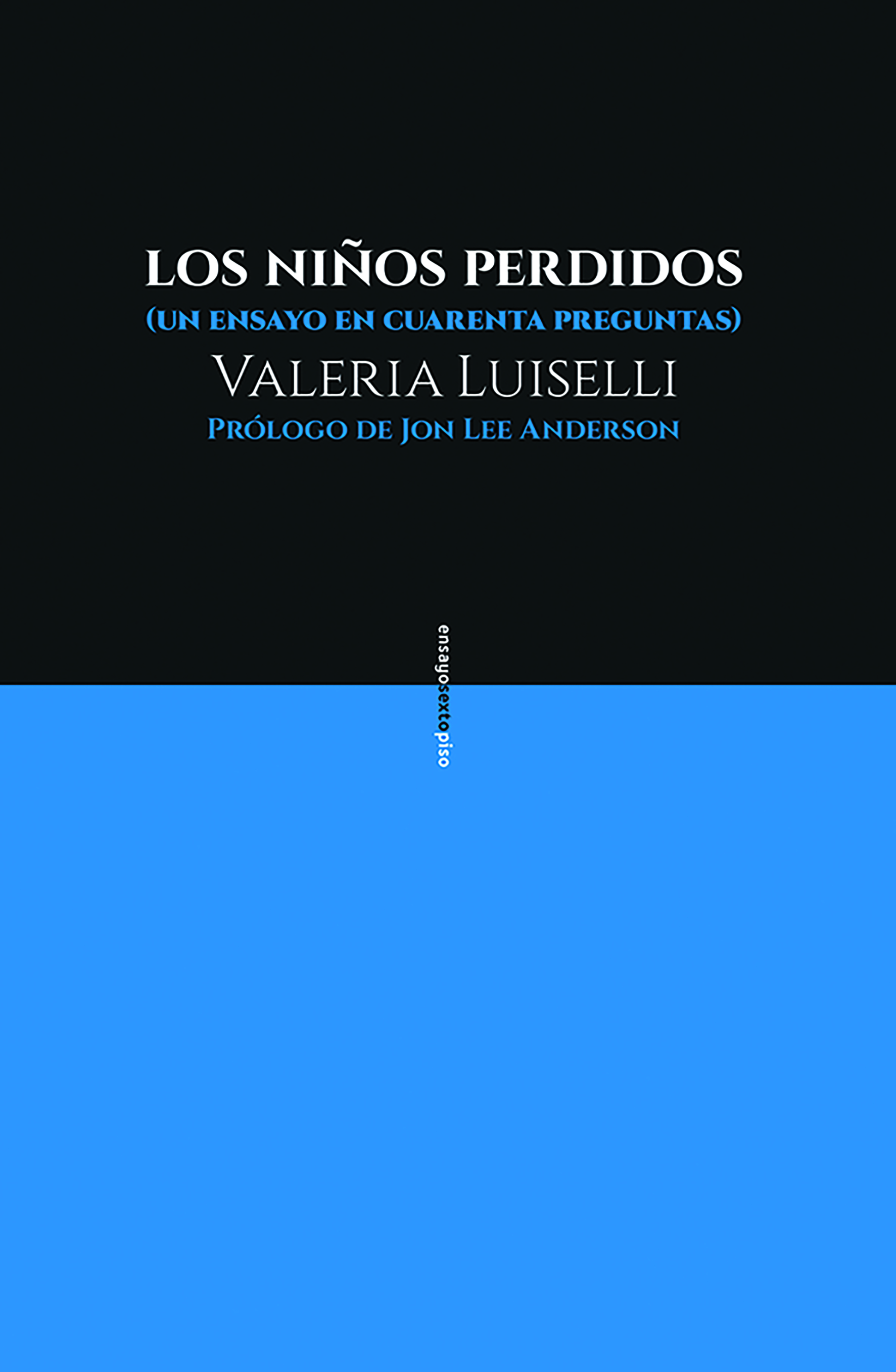
"The lost children. (An Essay in Forty Questions)", is the result of Luiselli's work as an interpreter for the defense of migrant children in an immigration court in New York. By going through each of these questions, contrasting them with the questions she was asked when she applied for permanent residence in the United States and with the situation in the country in 2014, Luiselli reveals the gaps and absurdities in the way the immigration system treats children who arrive undocumented, full of pain and fear, fleeing from the pain and fear. Luiselli writes clearly and crudely, shedding light on everything we don't want to see, without fear, even though she feels it. Here is an excerpt from the book.
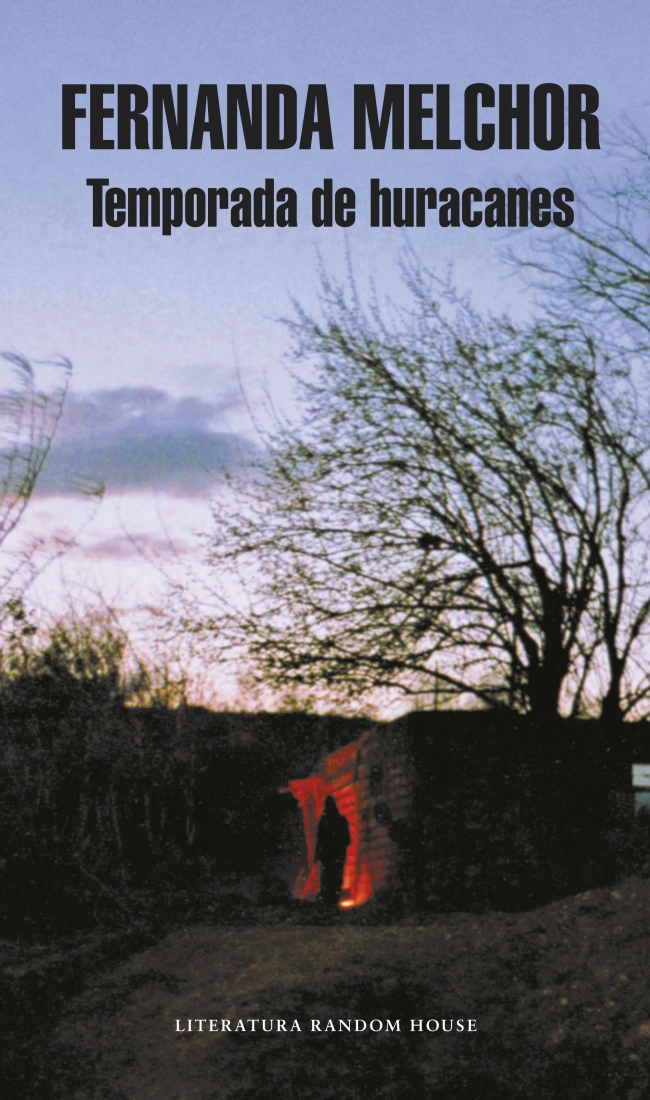
In "Hurricane Season" there are two kinds of hurricanes: the atmospheric ones and the one of the voices. The novel begins with the discovery of the Witch's body and from there a maelstrom of voices is unleashed that tells the story of the desperation of a people that ends in violence, flight and death. But this is a love novel, as Melchior herself says, only they don't find it. Here is a fragment of the book.
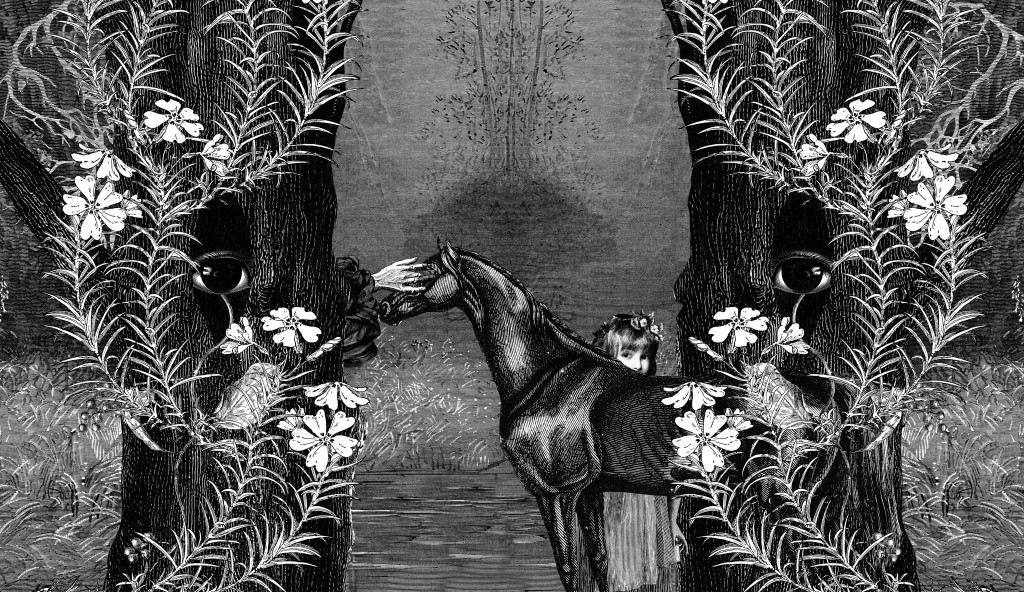
Jacinta does not have an angel, but a guardian woman who rides a blue horse and, since her mother died, has appeared to help her in the darkest hours. Thus, Jacinta copes with grief and the task of caring for her two brothers with a fortitude that only children are capable of. "The Guardian Woman" is a story that takes the children very seriously, and in doing so manages to speak of one of our deepest fears: the mother's death. This is a subject that we adults do not normally know how to talk to children about, but here it is approached without euphemisms, without sweeteners and by narrating the pain beautifully. It is an impeccably written book that a child could enjoy from about ten years of age onwards but which deserves to be revisited infinitely. In addition to the virtuosity of its narrative, the complex and enigmatic illustrations that accompany it, made by Alejandra Acosta, have just made this book a collector's item. Here you can get the book.
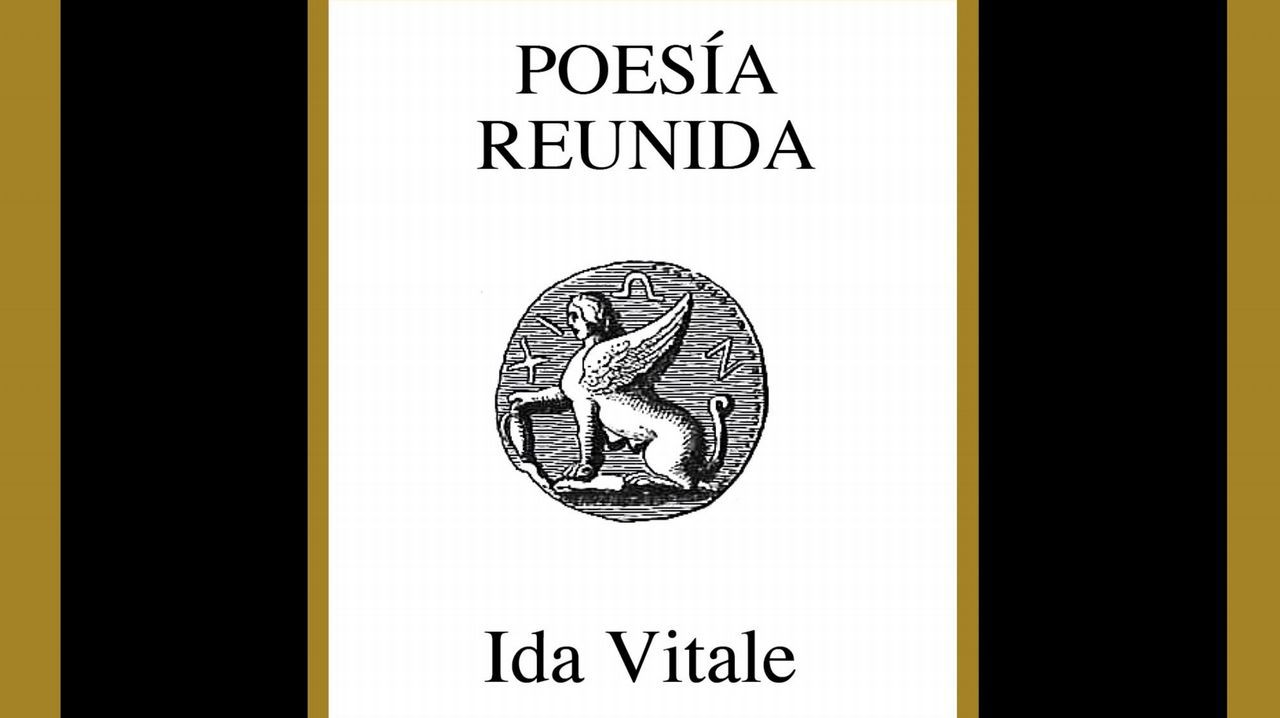
In 2017, the publishing house Tusquets brought together, in the collection Nuevos Textos Sagrados, a large part of the work of Ida Vitale, the Uruguayan poet who during this decade received several of the most important prizes in our language, as recognition of half a century of poetic work: the Alfonso Reyes Prize (2014), the Reina Sofía Prize (2015), the Federico García Lorca International Poetry Prize (2016), the Max Jacob Prize (2017) and the Cervantes Prize (2018). His is a poetry flooded with the names and images of nature, which are brought to mind again and again to understand human life, to make it sweeter and more habitable. Here is an excerpt from the book.
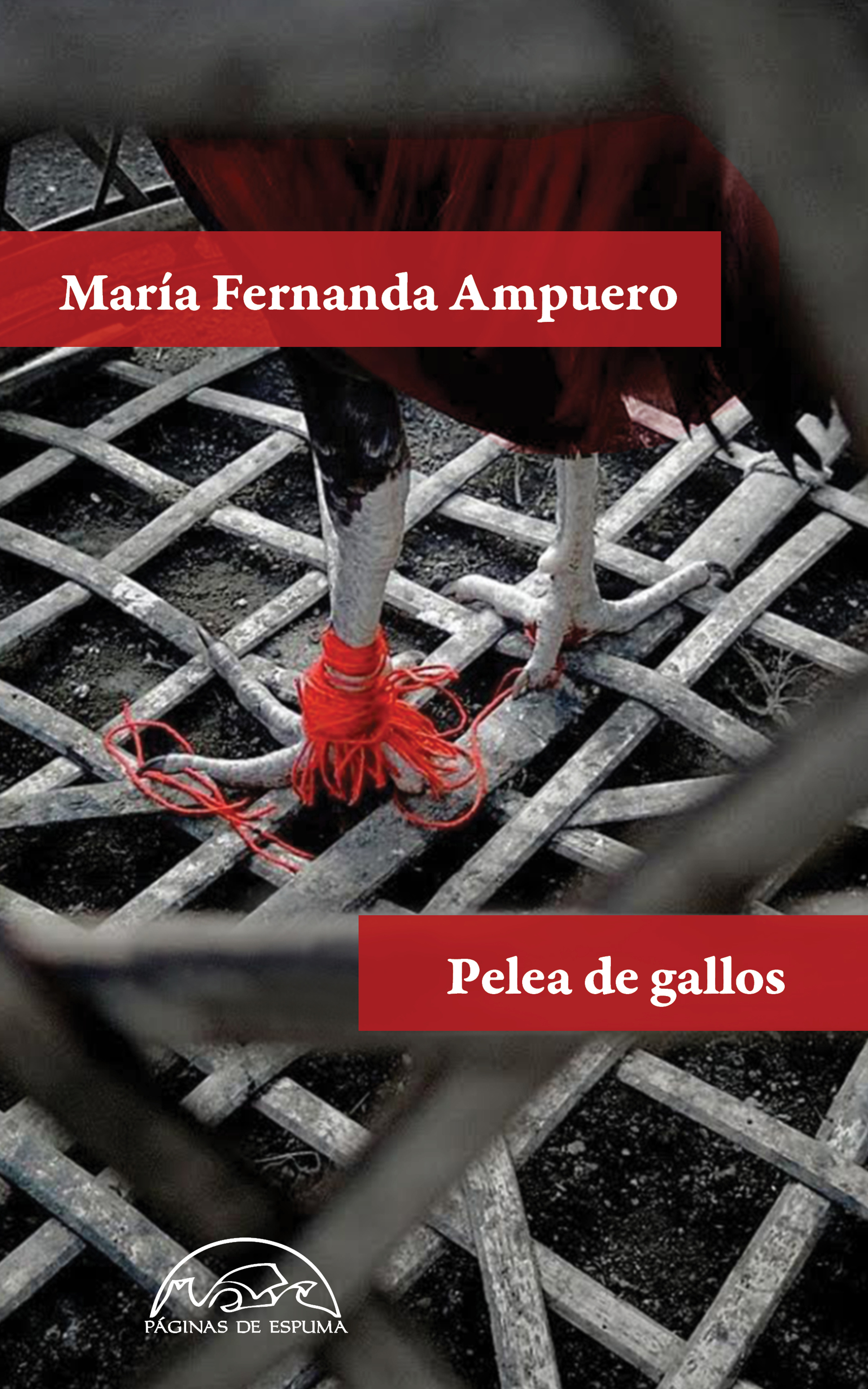
"Cockfighting" is a collection of thirteen stories in which the Ecuadorian woman decides to portray the most tense and problematic relationships that can exist in our continent, although she does so often using cultural expressions and places that situate us in more specific spaces. In this book, the female characters claim their place to express their pain, anger and indignation on their own terms. Here is an excerpt from the book.











LEAVE A COMMENT:
Join the discussion! Leave a comment.